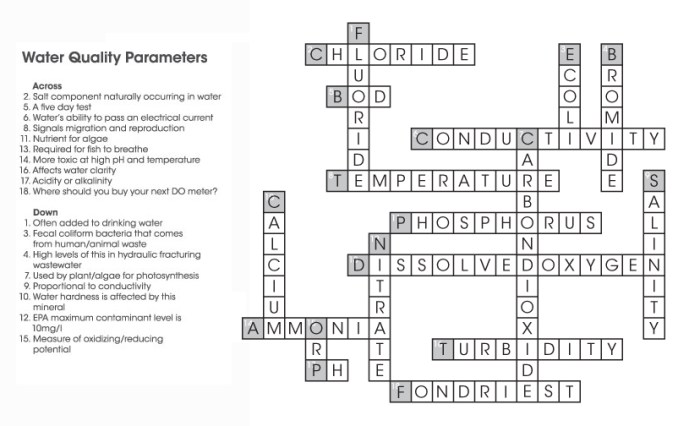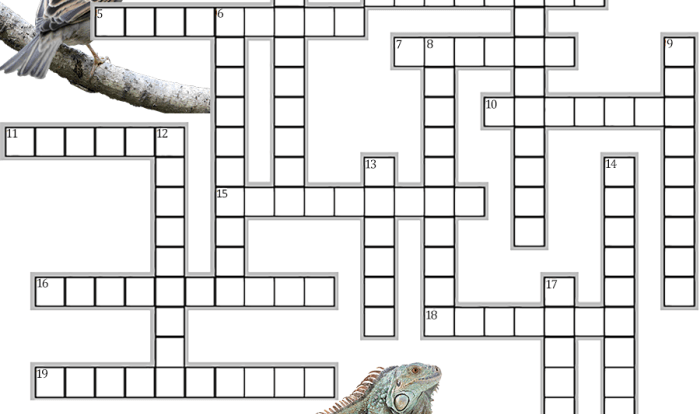The science of zombies crossword answer key pdf – Unveiling the “Science of Zombies Crossword Answer Key PDF,” this comprehensive guide embarks on an intriguing exploration into the realm of the undead, bridging the gap between popular culture and scientific inquiry. Delving into the enigmatic nature of zombies, it unravels the biological underpinnings of their behavior, social dynamics, and the potential implications for our world.
As we delve deeper into the science of zombies, we uncover the physical characteristics that define their existence, the biological processes that sustain their unyielding hunger, and the cognitive abilities that govern their relentless pursuit. By examining zombie outbreaks, we gain insights into the factors that can trigger these catastrophic events and the diverse forms they can take.
Introduction
In popular culture, zombies are often depicted as reanimated corpses that crave human flesh. While this concept is rooted in folklore and mythology, scientific research has shed light on the possibility of zombie-like behavior in humans.
The scientific basis of zombie-like behavior lies in the concept of “automaticity,” a state in which individuals perform actions without conscious thought or control. This phenomenon can occur due to various factors, including neurological disorders, psychological trauma, or the influence of drugs or toxins.
Zombie Physiology
The physical characteristics of zombies in popular culture often include pale skin, sunken eyes, and a lack of bodily functions such as breathing or digestion. However, scientific research suggests that zombies, if they were to exist, would likely have altered physiological processes that allow them to sustain themselves.
For example, zombies may have an enhanced ability to utilize anaerobic metabolism, allowing them to survive without oxygen. Additionally, their bodies may have adapted to withstand the decomposition process, preventing them from rapidly decaying.
Zombie Behavior
Zombies are often portrayed as having limited cognitive abilities and a single-minded desire to consume human flesh. However, scientific research indicates that the cognitive capabilities of zombies would likely vary depending on the underlying cause of their condition.
Some zombies may exhibit automatic behaviors, responding only to basic stimuli. Others may retain some level of cognitive function, allowing them to recognize familiar individuals or engage in simple tasks.
Zombie Outbreaks
Zombie outbreaks in popular culture are often depicted as sudden and widespread events. While the probability of a real-world zombie outbreak is considered low, scientific research has identified several factors that could potentially contribute to such an event.
These factors include the emergence of infectious diseases, exposure to toxic substances, or the use of advanced technology to create artificial beings with zombie-like characteristics.
Zombie Survival: The Science Of Zombies Crossword Answer Key Pdf

Surviving a zombie outbreak requires a combination of preparedness and collaboration. Individuals should have access to essential supplies, including food, water, and medical equipment. They should also be familiar with survival skills, such as first aid and self-defense.
Collaboration is crucial in a zombie outbreak, as it allows individuals to pool their resources and knowledge. Groups can establish safe havens, coordinate defense strategies, and assist each other in obtaining essential supplies.
Cultural Impact of Zombies
Zombies have become a significant cultural phenomenon, appearing in literature, film, television, and other media. They represent a wide range of themes, including fear of death, social unrest, and the dangers of scientific advancement.
The representation of zombies in popular culture has evolved over time, reflecting changing societal attitudes and concerns. In recent years, zombies have been used to explore issues such as consumerism, environmental degradation, and the impact of technology on human behavior.
Ethical Considerations
Dealing with zombies raises ethical concerns related to their treatment and potential use for scientific research. Zombies may be considered sentient beings, and their rights should be respected.
The use of zombies for scientific research should be carefully considered and regulated. While zombies may provide valuable insights into human physiology and behavior, it is essential to ensure that their welfare is protected and that they are not subjected to unnecessary suffering.
Quick FAQs
What is the scientific basis of zombie-like behavior?
The concept of zombies often draws inspiration from real-world phenomena, such as rabies and certain parasitic infections, which can alter behavior and physiology in ways that resemble zombie-like characteristics.
Can zombies exist in real life?
While the exact concept of zombies as depicted in popular culture is unlikely to exist, certain conditions, such as severe brain damage or certain infectious agents, can result in behaviors and physical characteristics that share similarities with zombies.
What are the key strategies for surviving a zombie outbreak?
Effective zombie outbreak survival strategies include maintaining situational awareness, securing resources, forming alliances, and utilizing defensive tactics to protect oneself from the undead.
